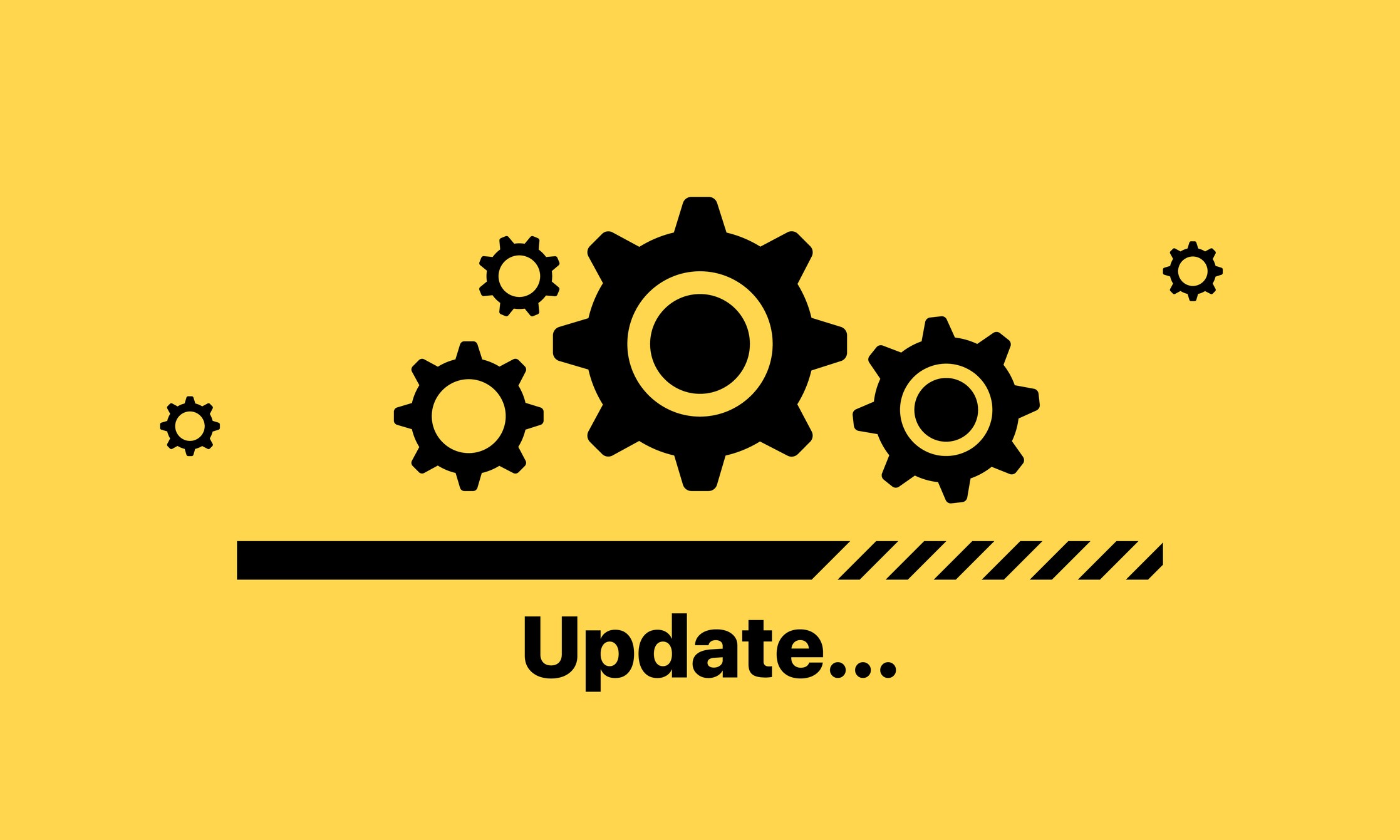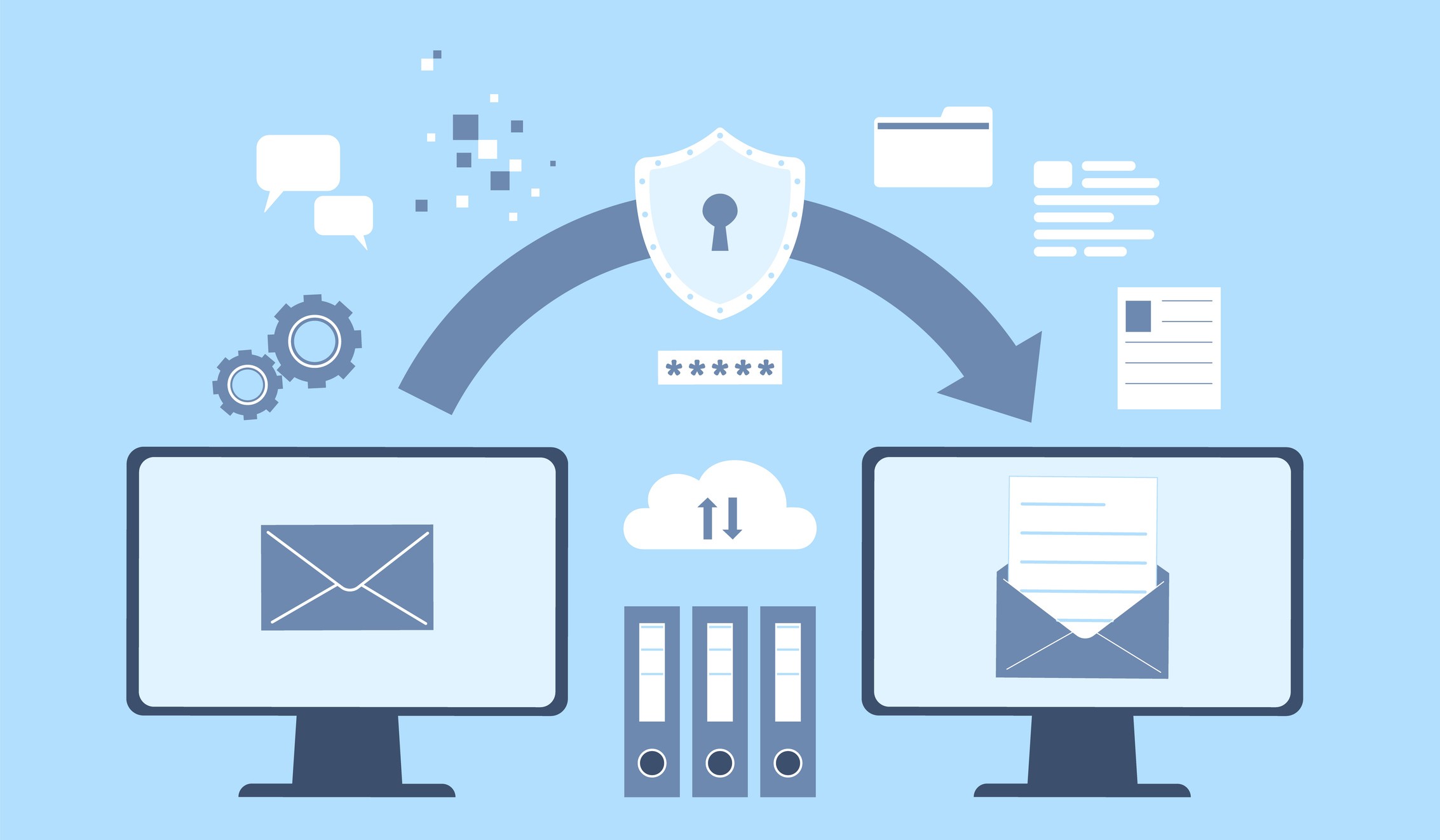Just like maintaining a physical storefront, keeping your website in top shape requires regular care. Routine website maintenance is key to making sure your site runs smoothly, stays secure, and performs well. Without it, you could face slow load times, security risks, or even unexpected downtime—none of which are good for business.
Since your website is often the first impression customers get, a slow or insecure site can really hurt your credibility. Regular updates, security patches, and performance tweaks help you stay competitive while building trust with your audience.
Taking the time for website maintenance also protects your business from bigger headaches like cyberattacks, data loss, or frustrated users leaving your site. With consistent upkeep, you can keep your site secure, fast, and ready to provide a great experience for visitors, keeping your online presence strong.
Why Small Businesses Need Regular Maintenance
Website maintenance refers to the regular checks, updates, and optimizations carried out to keep your site functioning at its best. This includes updating software, plugins, and themes, fixing bugs, improving loading speed, and ensuring that the site remains secure. Routine maintenance is vital for small business websites as it ensures optimal performance, a smooth user experience, and protection against emerging security threats.
In essence, website maintenance acts like a tune-up for your website, addressing technical issues before they become major problems. Regular updates help your site stay compatible with new technology, enhance functionality, and keep your visitors engaged. Without proper upkeep, your site risks slowing down, becoming vulnerable to cyberattacks, or even crashing, which can damage your business's reputation.
Why Every Website Needs Regular Maintenance
Website maintenance is something all website owners should prioritize. It involves regular checks, updates, and optimizations to ensure your site is running smoothly, securely, and efficiently. This includes everything from updating software, plugins, and themes, to fixing bugs, improving load speed, and keeping your site safe from security threats.
At its core, website maintenance is like giving your site a routine tune-up. It addresses technical issues before they snowball into bigger problems. Keeping your site updated ensures it remains compatible with evolving technology, maintains top-notch functionality, and continues to engage visitors. Without this regular upkeep, your website may slow down, become vulnerable to cyberattacks, or even crash, all of which can hurt your reputation and user experience.
Risks of Skipping Website Maintenance
For all website owners—whether you're running a small business, a blog, or an ecommerce platform—neglecting website maintenance can lead to serious issues. Slow load times, outdated software, or broken features can frustrate visitors, causing them to leave your site and look elsewhere. Worse yet, outdated plugins and themes can open the door to hackers, putting both your site and your visitors’ information at risk.
On top of user experience, search engines like Google reward well-maintained websites with better rankings. A site that’s secure, fast, and easy to navigate will perform better in search results, attracting more organic traffic. In contrast, websites with poor performance or security issues are penalized, leading to lower visibility and fewer visitors.
Why Website Maintenance is a Must
No matter the size or purpose of your website, regular maintenance should be a top priority. It not only helps you avoid costly repairs and downtime but also keeps your site competitive. From improved user experience to better search engine rankings, the benefits of routine maintenance are clear.
To ensure your website remains a valuable asset, staying on top of updates, security patches, and performance checks is key. Whether you manage a personal blog or a small business site, regular maintenance is the foundation for success and long-term growth.
Improving Performance with Regular Maintenance
Improved Loading Speed
A fast-loading website is important for keeping visitors engaged and reducing bounce rates. Research shows that users are likely to abandon a site that takes longer than a few seconds to load, which directly impacts your business's potential for conversions.
Regular website maintenance, including updating plugins and optimizing files, ensures that your site runs efficiently and minimizes any lag that could drive users away. By cleaning up unnecessary code, compressing images, and keeping software updated, you can significantly improve your website speed, leading to better user retention and increased sales.
Enhancing Mobile Responsiveness
With more and more people browsing the web on their smartphones and tablets, making sure your site is mobile-friendly is necessary. Regular maintenance ensures that your site adapts smoothly to all screen sizes, providing a consistent experience across different devices. This involves keeping your responsive design up to date, testing for compatibility across various browsers, and checking that images, text, and buttons display correctly.
If your site isn’t properly maintained, mobile users might run into frustrating issues, which can increase your bounce rate and hurt your business. Focusing on responsive maintenance ensures your website works flawlessly for every visitor, no matter what device they’re using.
Fixing Bugs and Preventing Downtime
The last thing you want is for your website to go down, especially during peak traffic times. Regular maintenance helps catch and fix bugs early before they become major problems. By consistently monitoring uptime and performing server health checks, you can keep your site running smoothly and avoid unexpected downtime that could damage your reputation.
Taking a proactive approach to fixing website bugs not only improves functionality but also keeps your site reliable for your visitors. For small businesses, this means fewer disruptions and more satisfied customers.
Strengthening Security with Regular Maintenance
Reducing Vulnerabilities to Cyber Attacks
Outdated plugins, themes, and software can become easy targets for hackers looking to exploit security gaps in your website. Without regular updates, your site is more vulnerable to attacks that could compromise both your business and your visitors' data.
By keeping your plugins and software up to date, and applying security patches as they become available, you’re significantly reducing the risk of cyberattacks. Staying on top of these updates is an important aspect of maintaining website security and protecting sensitive information from falling into the wrong hands.
Regular Backups to Protect Your Data
Even with solid security measures in place, things can still go wrong. That’s why regular backups are an essential part of any website maintenance plan. Backups act like a safety net, giving you the ability to restore your site if there’s a data breach, server crash, or accidental deletion.
Scheduling regular backups ensures that your data is protected no matter what happens. Whether it’s an external hack or an internal mistake, having recent website backups offers peace of mind and helps small businesses avoid major disruptions.
SSL Certificates and HTTPS Protocols
An SSL certificate is non-negotiable for any website handling sensitive user information. SSL encrypts the data exchanged between your visitors and your site, ensuring their information stays private. Regularly checking and renewing your SSL certificate is key to maintaining HTTPS security.
Letting your certificate expire not only makes your site more vulnerable to attacks but also shows a warning to visitors, which can break their trust and lead them to leave your site. Including SSL renewal in your maintenance schedule helps keep your website secure and shows that you take user privacy seriously.
SEO Perks of Regular Website Maintenance
Better Search Rankings
Keeping your website well-maintained can give your search engine rankings a significant boost. Search engines like Google favour sites that provide a fast, seamless user experience. When your website is optimized for speed, functions smoothly, and remains secure, you’re sending clear signals to search engines that your site is reliable and high-quality.
Regularly updating plugins, fixing broken links, and ensuring everything is running efficiently helps improve website performance, which translates into better SEO. These efforts can lead to higher rankings, more visibility, and increased organic traffic for your business.
Reducing Bounce Rate with Optimized Content
Another important benefit of website maintenance is keeping your content fresh and relevant. Regularly updating your content not only keeps users engaged but also helps reduce your bounce rate—the number of visitors who leave your site after viewing just one page.
By refreshing outdated information, adding new material, and optimizing existing content, you can encourage users to stay on your site longer. This sends positive signals to search engines, improving your rankings over time. Consistent content updates also help you maintain authority in your industry while keeping visitors coming back for more, improving both user retention and SEO performance.
Keep Your Website Running Strong
Regular website maintenance is important for small businesses that want to stay competitive online. By staying on top of updates and making small tweaks along the way, you can improve performance, strengthen security, and make sure your visitors have a smooth experience. Things like faster load times, better search rankings, and stronger protection against security risks are all benefits that come with regular upkeep.
For small businesses, maintaining your website helps build trust with visitors and keeps your data safe. Skipping maintenance can lead to bigger, more expensive problems, so it’s worth making it a routine part of managing your site.




